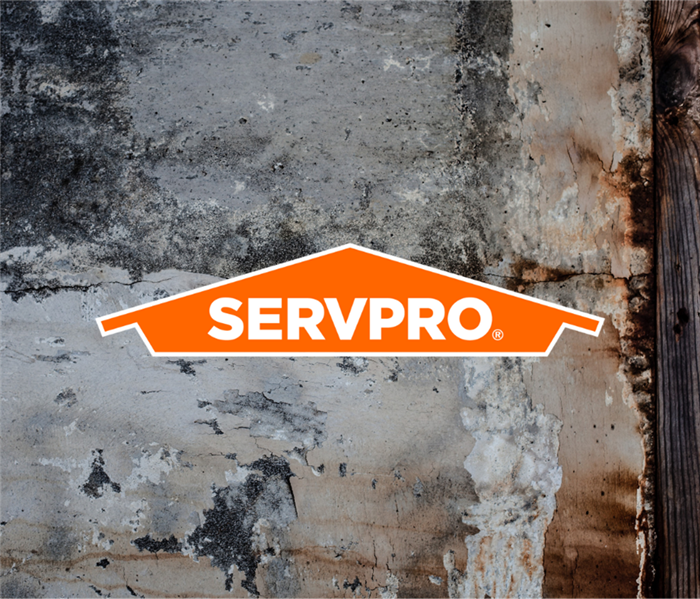Will Insurance Pay For Mold Remediation
1/13/2022 (Permalink)
 If you notice mold growth, it's best to eliminate it quickly. SERVPRO has the equipment and knowledge to assist in the cleanup process.
If you notice mold growth, it's best to eliminate it quickly. SERVPRO has the equipment and knowledge to assist in the cleanup process.
If you notice mold growth, it's best to eliminate it quickly. SERVPRO has the equipment and knowledge to assist in the cleanup process. Restoration costs can add up quickly, though, and you're probably wondering whether your homeowner's insurance can help pay the bill. Sometimes it does, and sometimes it won't. You'll want to review your policy and speak with your insurance adjuster. Here are three things to know before having that conversation.
1. Was It Accidental?
Is mold coverage not in your policy? Owners usually have to add it separately. That doesn't mean that you can't get aid. Did your roof cave in from snow or ice? Did a pipe suddenly freeze and burst? Insurance companies may payout if the spores spread as a result of something out of the homeowner's control. If the initiating incident is included then the subsequent events get bundled with it.
2. Was the Issue Remedied Quickly?
Before a check is cut, the company could ask for evidence proving your home was under proper care. Take the broken pipe for example. Can you prove that you called for help as soon as possible? Did you let it sit and fester for a while? If the latter is the case, you may have encouraged the fungus growth, giving grounds for denial. It's best to care for water damage as quickly as possible. Prove your efforts by saving receipts. Show efforts to have repairs made and dry up the premises.
3. Is a Different Policy Available?
Speak openly about concerns. As you meet about policy updates including mold insurance limits. For instance, some companies only pay up to a certain amount, capping the remediation and leaving the rest of the cost to the residents. Consider supplementing coverage. While you may have to pay a bit more each year, that annual amount could offset large numbers.
Eliminate mold growth as soon as possible. When you notice an issue, call SERVPRO and we will contact your insurance company if needed.






 24/7 Emergency Service
24/7 Emergency Service